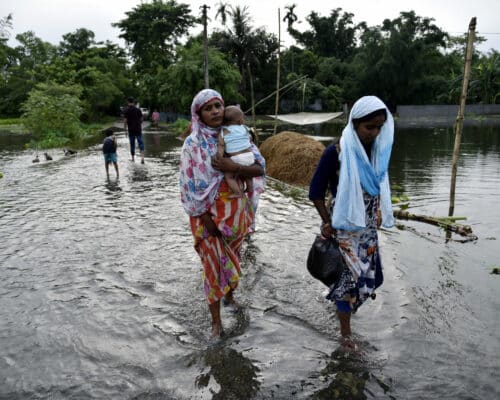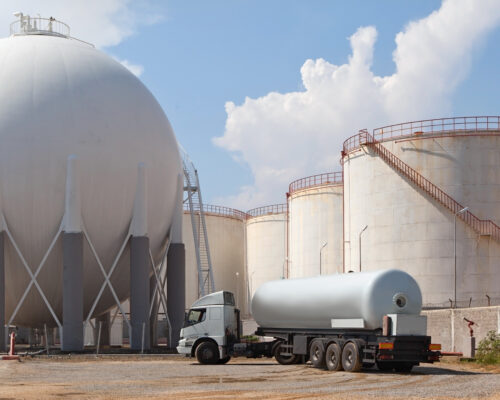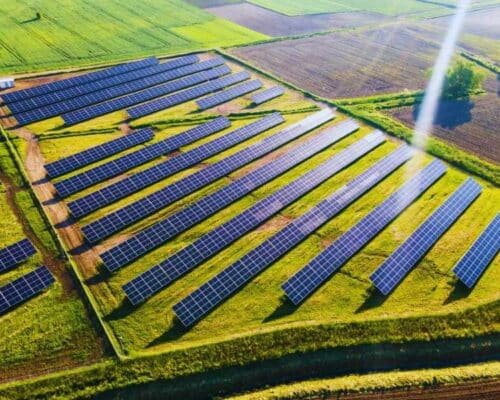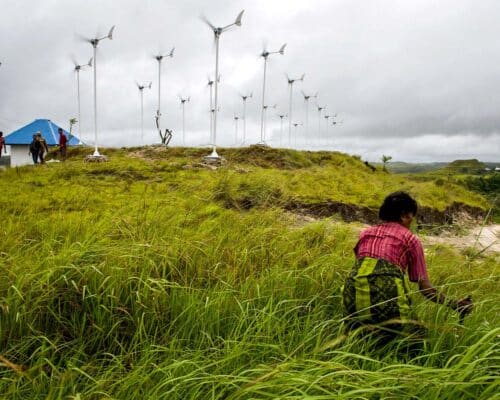Articles
What Are Just Energy Transition Partnerships?
Just Energy Transition Partnerships (JETPs) are a green financing mechanism that balance the transition to renewables and equitable change for local communities. While JETPs are a relatively new financing mechanism, they show the potential to make a significant impact in the next several decades. Uplifting local communities as part of the global energy transition will make lasting positive impacts.
Bangladesh Struggling with Pricey LNG
Bangladesh has placed much of its energy future on imported liquefied natural gas (LNG) to fuel its power sector. However, all bets for LNG are off now, given its high cost and supply issues. The best way forward for the South Asian nation is renewables development.
Vietnam’s Net-zero Plans Include One Major Problem: LNG
Vietnam has set a net-zero 2050 goal. The way forward includes a mix of renewable energy development and an eventual end to coal-fired power production. However, its plan to include liquefied natural gas (LNG) as a so-called "clean fuel" misses the mark.
Singapore Must Devise New Initiatives to Replace Its Natural Gas Overreliance
Singapore is pressing ahead with a national hydrogen strategy to replace its over reliance on natural gas-fired power generation. But that strategy appears to be centred on “low carbon” hydrogen, which is still a carbon emitter, instead of green hydrogen, which produces no GHG emissions.

The Global Cooksafe Coalition and the Mission to Accelerate the Switch From Gas to Sustainable Cooking
Cooking with gas is associated with health, climate and financial concerns. The mission of the Global Cooksafe Coalition is to help households worldwide overcome them by transitioning to electric and induction cooking.
Philippines’ Gas Development Plans Are Environmentally Destructive
The Philippines' drive to pivot to LNG imports and gas-to-power development is a step in the wrong direction. Pricing dynamics for the fuel along with its carbon emissions render those plans problematic at best. Renewables offer a better alternative.

Climate Change In South Asia and the Reality of Loss and Damage
Climate change has taken a hefty toll on South Asia in 2022. While the sub-continent has always been prone to extreme weather events, the past year was especially dramatic.
What Are Debt for Nature Swaps?
As the world’s poorest countries struggle with record debt and climate change impacts, could debt-for-nature swaps be the answer?
Ocean Fertilisation: The New Way to Combat Climate Change?
Ocean fertilisation is the process of adding macronutrients to stimulate algae growth in the ocean. Algae utilise carbon in the ocean to perform photosynthesis. This process increases the quantity of carbon dioxide the ocean absorbs from the atmosphere. However, the technology is still under research, and there are currently several associated environmental concerns, like harmful algal blooms.
Why is LNG Not Ideal for the Indonesian Energy Transition?
Indonesia, a major LNG exporter, is diverting more cargoes for domestic consumption to help offset its overreliance on coal needed for power production. But, renewables offer a better economic and climate change mitigation option to help drive its growing economy.
Upcoming LNG Projects in Asia: The Outlook for 2023 and Beyond
Developing Asian countries have felt the financially-devastating consequences of relying on natural gas. Yet, they are planning for a massive buildout of LNG terminals – a move that will lock them in a future of stranded assets, high power costs and energy independence.
Debunking Japan’s ‘Clean Coal Technology’ Claim
Japan's clean coal ambitions have been criticised as another attempt to stall the country's clean energy transition and keep coal afloat.
Forest Plantation: Social, Environmental and Climate Impacts
Forest plantations are used to reforest areas that have previously been deforested, typically for the production of raw materials. Forest plantations generally have one or two tree species and do not mimic natural forests. As a result, they are not a direct solution to deforestation and lead to several harmful environmental impacts.

LNG’s Stranded Asset Risk in Asia: Warnings, Project Delays and Cancellations
Gas prices are projected to remain high for the next couple of years, while available volumes are to remain scarce. As a result, bringing new LNG projects online in Asia won’t get any easier and more delays and cancellations are potentially waiting around the corner.
Most Popular
Most Popular
Categories
-
9
-
34
-
126
-
4
-
17
-
44
-
52
-
11
-
15
-
10
-
24
-
6
-
6
-
262
-
197
-
15
-
24
-
1
-
1
-
23
-
38
-
42
-
87
-
18
-
84
-
41
-
17
-
10
-
42
-
45
-
86
-
286
-
21
-
44
-
35
-
10
-
41
-
36



